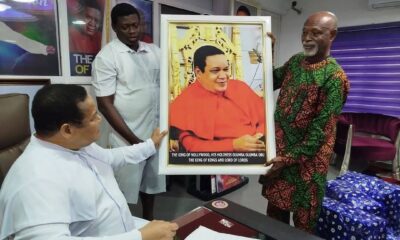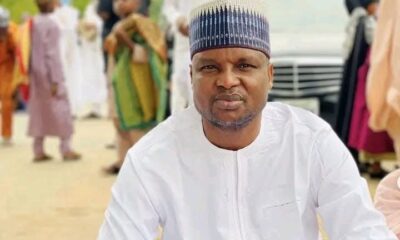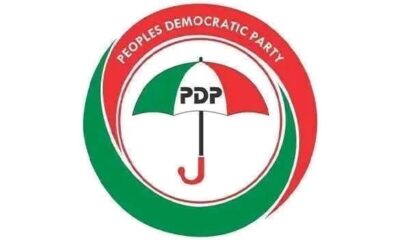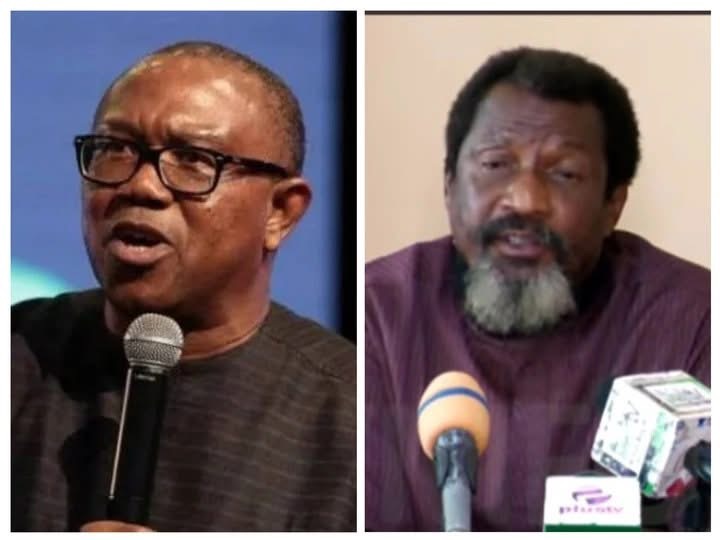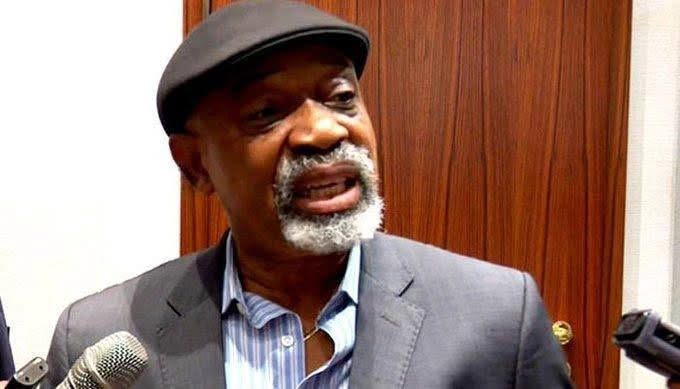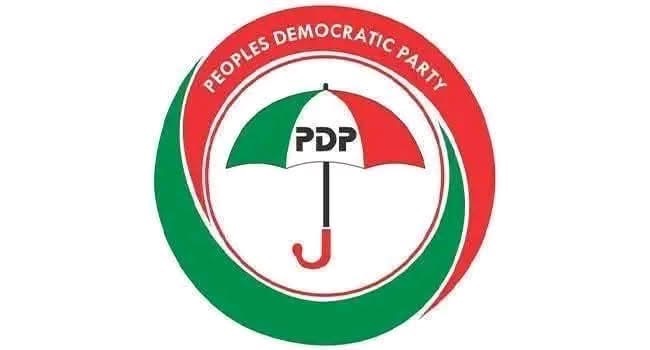Rising from a meeting in the early hours of yesterday, governors elected on the platform of the Peoples Democratic Party (PDP) and leaders of thought within the party resolved not to abandon the party for any coalition ahead of the 2027 presidential election.
Former vice president Atiku Abubakar and the party’s 2023 presidential candidate, had recently hinted that the party was going into a coalition with other opposition leaders to chase the All Progressives Congress (APC) out of power in 2027.
But the party leaders and the governors who met on Wednesday night through Thursday morning in Abuja, believe that rather than build any coalition, the energy and resources should be channeled to building the PDP.
Among those present at the meeting were two former Senate presidents, David Mark and Bukola Saraki, former governors of Kaduna, Jigawa and Sokoto states, Ahmed Makarfi, Sule Lamido and Senator Aminu Tambuwal.
Others were former Minister of Police Affairs, Adamu Maina Waziri and former Defence minister, Lawal Batagarawa, with the governors represented by two of their colleagues – Governors Bala Mohammed of Bauchi and Ahmadu Umaru Fintiri of Adamawa State.
Sources told Daily Sun that at the meeting held under frank atmosphere, the leaders decided to rebuild the PDP.
“And they also briefed the governors on their plan to achieve their aim of building the party and they want the governors to work towards the same aim.
“They resolved that there is no need to abandon the party and be working on any coalition. They instead insisted that rather than work to build any coalition, the efforts to start a coalition should be deployed to build the PDP, using the same resources, energy, time and strategy they want to use for the coalition, for the PDP.
“They noted that all the parties with no exception, including the APC, have their challenges and internal crisis. As such, PDP leaders should work to reconcile the differences and rebuild their structure instead of seeking any new platform,” one of the sources told Daily Sun.


 Trending6 months ago
Trending6 months ago
 Politics6 months ago
Politics6 months ago
 Politics6 months ago
Politics6 months ago
 Politics6 months ago
Politics6 months ago


